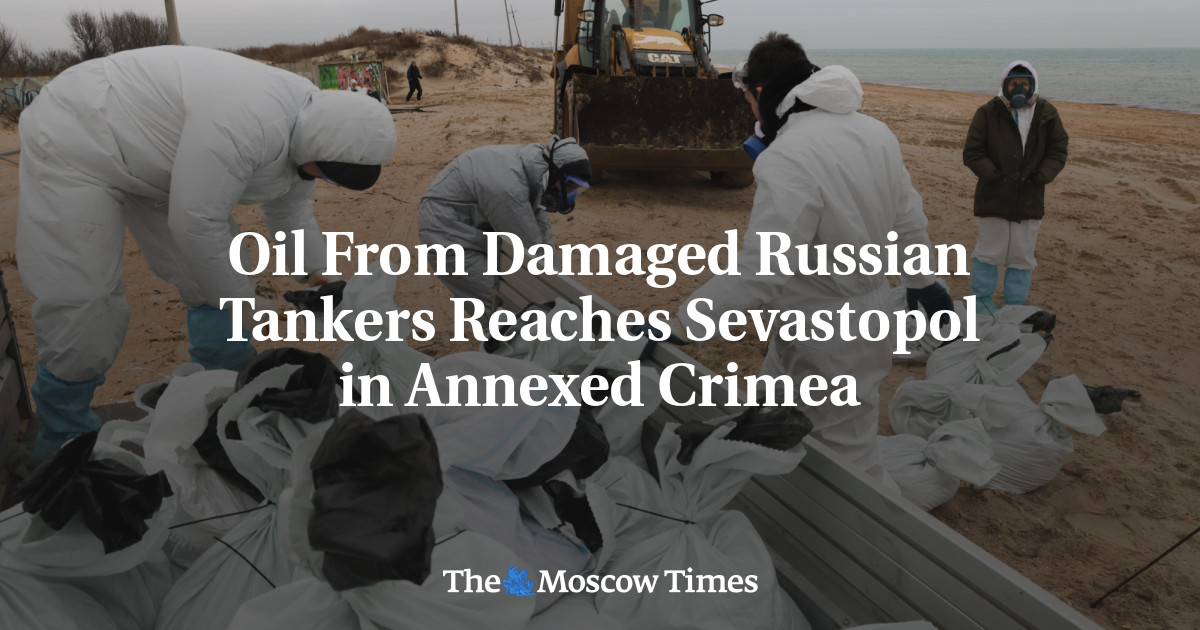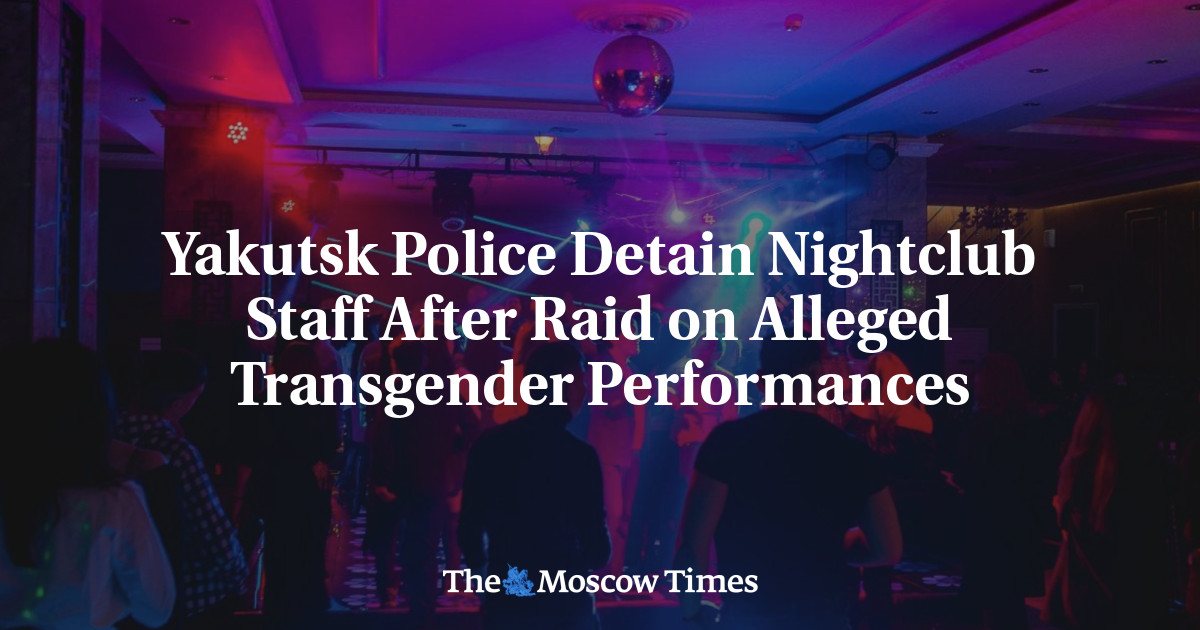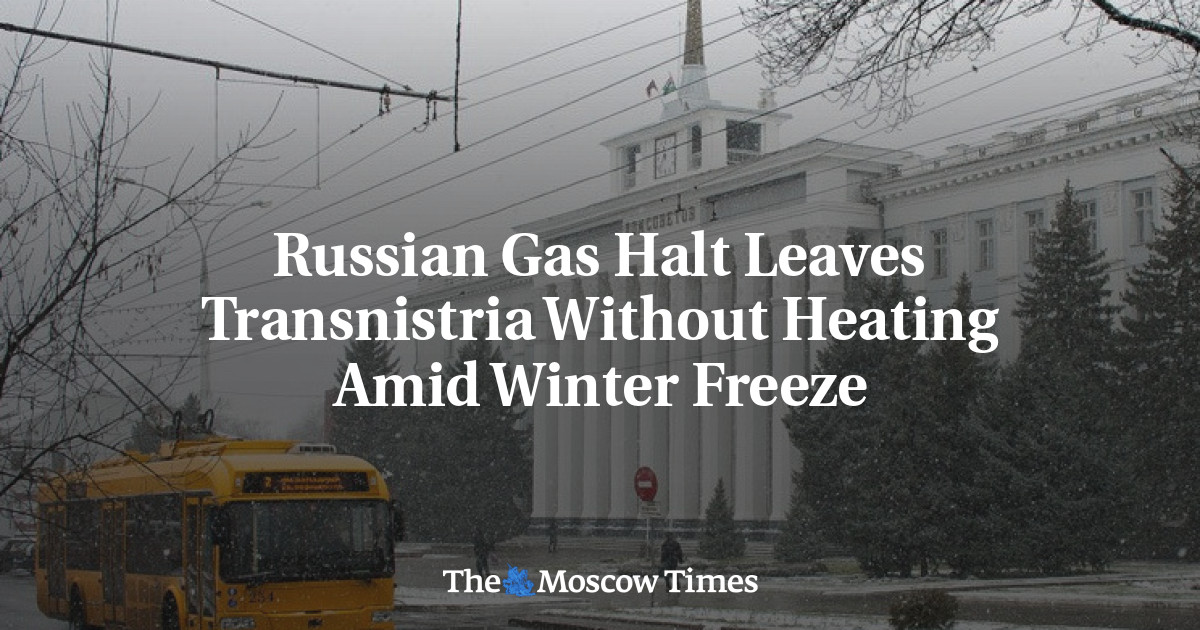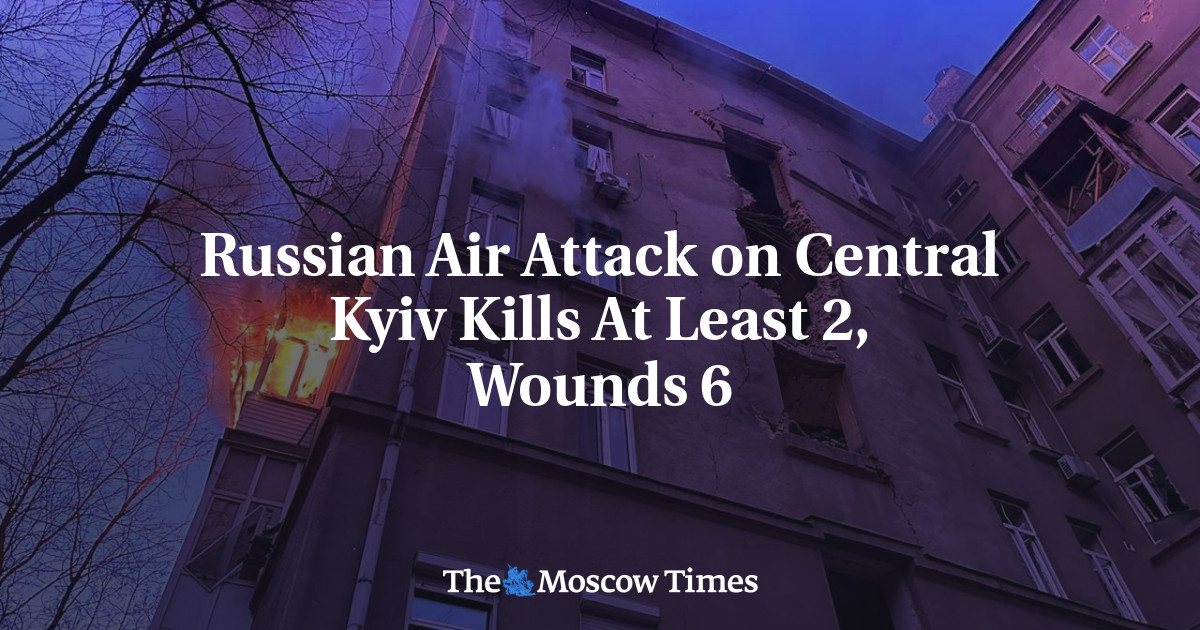“I have typical Russian looks and there was no place that would refuse me a job before,” Yasmina, a Muslim woman from Russia, told The Moscow Times.
“Everything changed when I started wearing a hijab. I still had my education, my knowledge of foreign languages and years of professional experience, but people only saw the hijab. For them, this was the look of a terrorist.”
Islam is the second-most practiced religion in Russia after Orthodoxy with around 20 million residents identifying as Muslim, many of whom come from the indigenous non-Slavic communities of the Caucasus and the Volga-Ural region.
But despite Islam’s prevalence and the Kremlin’s boasts of Russia’s multifaith harmony, religious discrimination and harassment are a part of life for many practicing Muslims in Russia.
This trend particularly affects veiled Muslim women and girls, who are denied employment and appearances on national TV, banned from educational institutions, refused entry to entertainment venues and face verbal and physical harassment because of their appearance.
Yasmina, an ethnic Russian who grew up in an Orthodox Christian family in the North Caucasus republic of Karachay-Cherkessia, said she converted to Islam in her late 20s after much soul-searching and careful study of the religion.
“I started wearing a hijab after I got married, which was about three years after [I converted]…It was a very conscious decision on my part and I never regretted it. But that is when my trials started,” said Yasmina, who asked to withhold her surname due to concerns over online harassment and threats.
“I faced [harassment] regularly, both in central Russia and in my hometown in the Caucasus,” she recalled. “I was scared to go into the metro because of the waves of hatred…I then started to drive a car, but faced insults and aggression from fellow drivers, especially men.”
In interviews conducted prior to last month’s attack on a Moscow region concert hall, veiled Muslim women from different corners of Russia told The Moscow Times about their battles with various forms of religious prejudice and systemic discrimination.
The situation appears to have taken a turn for the worse since the March 22 massacre at Crocus City Hall, which was claimed by the Islamic State jihadist group.
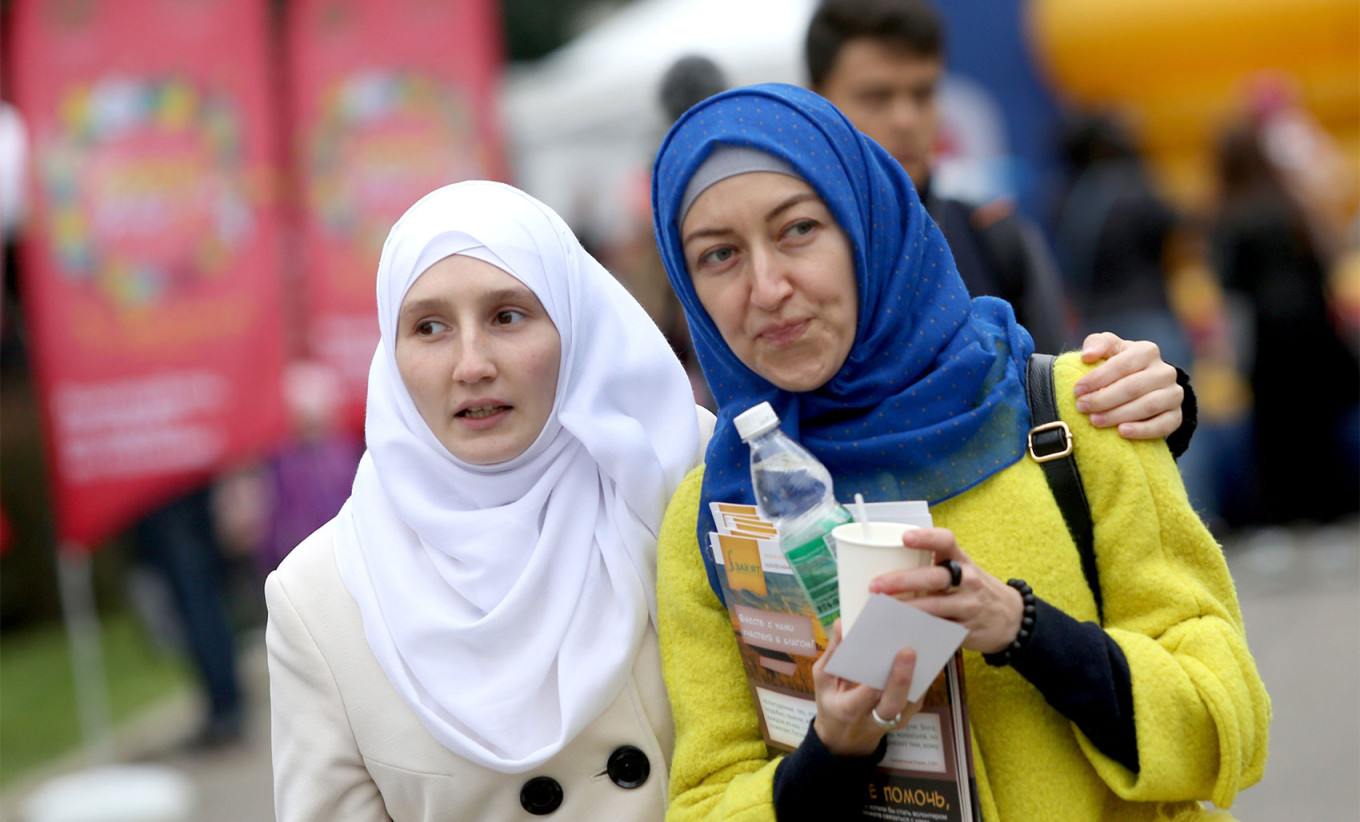 Muslim women in Moscow.
Kirill Zykov / Moskva News Agency
Muslim women in Moscow.
Kirill Zykov / Moskva News Agency
Muslim bloggers and rights advocates have been sounding the alarm over an increase in attacks on Muslim women in central Russia, warning them to refrain from walking alone or leaving their homes after dark.
Though freedom of religion is enshrined in Russia’s Constitution, officials have been weighing restrictions on religious head coverings since the early 2000s — a debate fueled by a sharp rise of Islamophobia in the wake of Russia’s wars in Chechnya.
In 2015, Russia’s Supreme Court upheld a hijab ban in schools imposed by local authorities in the republic of Mordovia, introducing the first legal precedent of its kind.
“On one hand … we have a multiconfessional country and can wear whatever is dictated by one’s religion,” said human rights lawyer Fatima Abdulkarim.
“But on the other, any school can point to the Supreme Court [ruling] and say that it requires a school uniform, which prohibits [wearing] a scarf.”
Abdulkarim, who hails from the North Caucasus republic of Dagestan, told The Moscow Times that some girls do not wish to take off their hijabs.
“My niece wears a scarf and she doesn’t want to take it off under any circumstances, even at home,” she said.
“So if she goes to school and is banned from wearing a scarf, she will also be stripped of her right to education — a fundamental right of every child.”
Since 2015, reports of female Muslim students being expelled from educational institutions over their refusal to take off a headcover emerged from various corners of Russia, including the Vladimir region, the Rostov region and even the republic of Tatarstan, where Islam is widely practiced among the indigenous Tatar majority.
Though Islam is the majority religion in Tatarstan and those in the upper echelons of the republic’s government can be frequently spotted attending public prayers and major celebrations, heated debates about the acceptability of certain head coverings are commonplace, with some Tatars deeming hijab to be “foreign” to their traditional culture.
“Islam has been the official religion of Tatars since the time of the Volga-Bulgar kingdom,” said Khava Shaidullina, referring to the Bulgar state that existed on the territory of modern Tatarstan until the 13th century. “Islam was brought there by people who were sent by an Arab khalif, so claims of there being some sort of ‘Tatar Islam’ [signal] a lack of knowledge about Tatar history.”
Shaidullina, an Islamic psychologist and sexologist from Tatarstan, was born in an observant Mulsim family and first put on a hijab at age seven. Though she began her education at an Islamic school, she switched to studying at a secular public school in her native Kazan as a teenager.
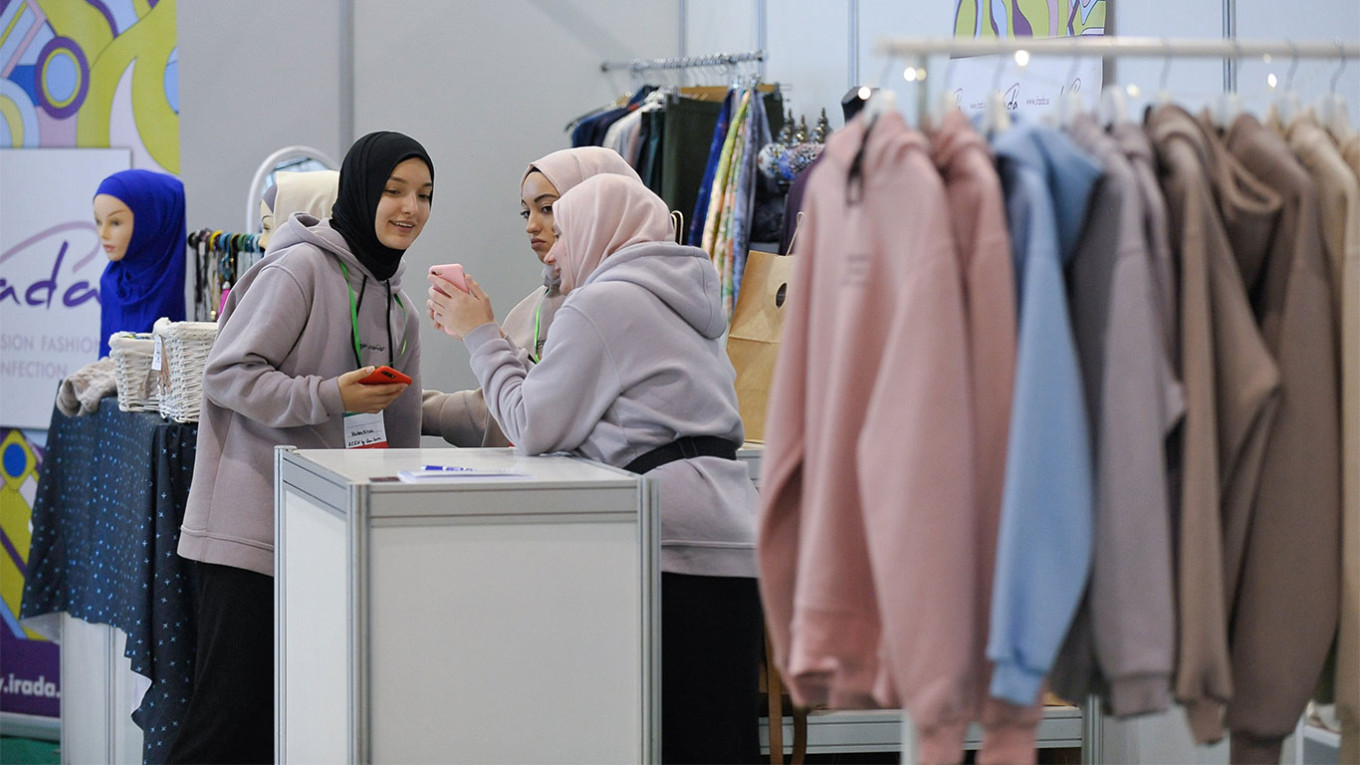 Annual Halal Expo exhibition in Moscow.
Alexander Avilov / Moskva News Agency
Annual Halal Expo exhibition in Moscow.
Alexander Avilov / Moskva News Agency
“I was the only Muslim girl in my class and not a single one of my classmates spoke to me within the first month. They were very skeptical, [seeing] a girl in a veil was something new to them,” Shaidullina told The Moscow Times.
“There is a perception that Muslim families are lagging in their intellectual development…I faced such stereotypes, but because I quickly became a straight-A student, [those around me] changed their mind,” she said.
Shaidullina, who still lives in Kazan and wears a hijab, said she finds Tatarstan to be a comfortable, welcoming place for Muslims and believes Islamophobia to be “a very rare thing” in the republic and its capital.
“When you travel outside of Tatarstan, it seems like you travel to a different Russia, a different part of the world where Muslims are a rare phenomenon,” said Shaidullina.
“[You feel] sidelong looks and have to go through additional security at airports, for example. In Moscow in particular, there is distrust toward Muslims, maybe because most Muslims there are migrants who have troubles with law.”
In addition to being profiled by airport security, many Muslims in Russia live under the close watch of the security forces, who appear to suspect the believers of harboring radicalist sentiments.
“I don’t understand how following Islamic traditions and [wearing] a scarf or a hijab is connected to terrorist activities,” said lawyer Abdulkarim, noting that authorities often dub restrictions imposed on Muslims as “terrorism prevention measures.”
“The security services … see us as dangerous people prone to committing crimes,” said Yasmina from Karachay-Cherkessia. “They call people like me 'neophytes' — an insulting term.”
Meanwhile, in the North Caucasus republic of Dagestan, where 95% of the population identifies as Muslim, some are pushing to make headcover mandatory in public places, including schools.
But a 60-year-old woman from rural Dagestan, who converted to Islam a few years ago and wished to remain anonymous, told The Moscow Times that despite these public calls, some residents of her native republic also hold deep prejudices against veiled Muslim women.
“Even my family didn’t want to accept me at first and I was very hurt by that…My neighbors looked at me with suspicion and my closest neighbor was constantly arguing with me, calling me a terrorist, a murderer. But I have never even killed a fly!” she said, requesting anonymity over fears of harassment.
“When I moved to Moscow, I kept being harassed. I couldn’t get a job, couldn’t find an apartment — all because I was wearing a hijab,” she added.
Despite the concerns voiced by activists and human rights advocates, some veiled Muslim women in Russia say they do not feel any discomfort when stepping out of their homes.
“I thought a lot about this before our interview and realized that I can’t remember a single instance when I would feel sidelong glances directed at me or hear comments,” a veiled Muslim woman in her 50s from a small town in the Muslim-majority republic of Bashkortostan told The Moscow Times.
“When my [non-veiled] daughter and I visited Moscow for the first time, she noticed that people on the metro looked at me differently and [she] would actively talk to me to calm them down, but I didn’t notice any of that,” she recalled.
“Perhaps that is a reflection of my inner state: I don’t feel like I am ‘different’.”
 (1).png)
 9 months ago
46
9 months ago
46
